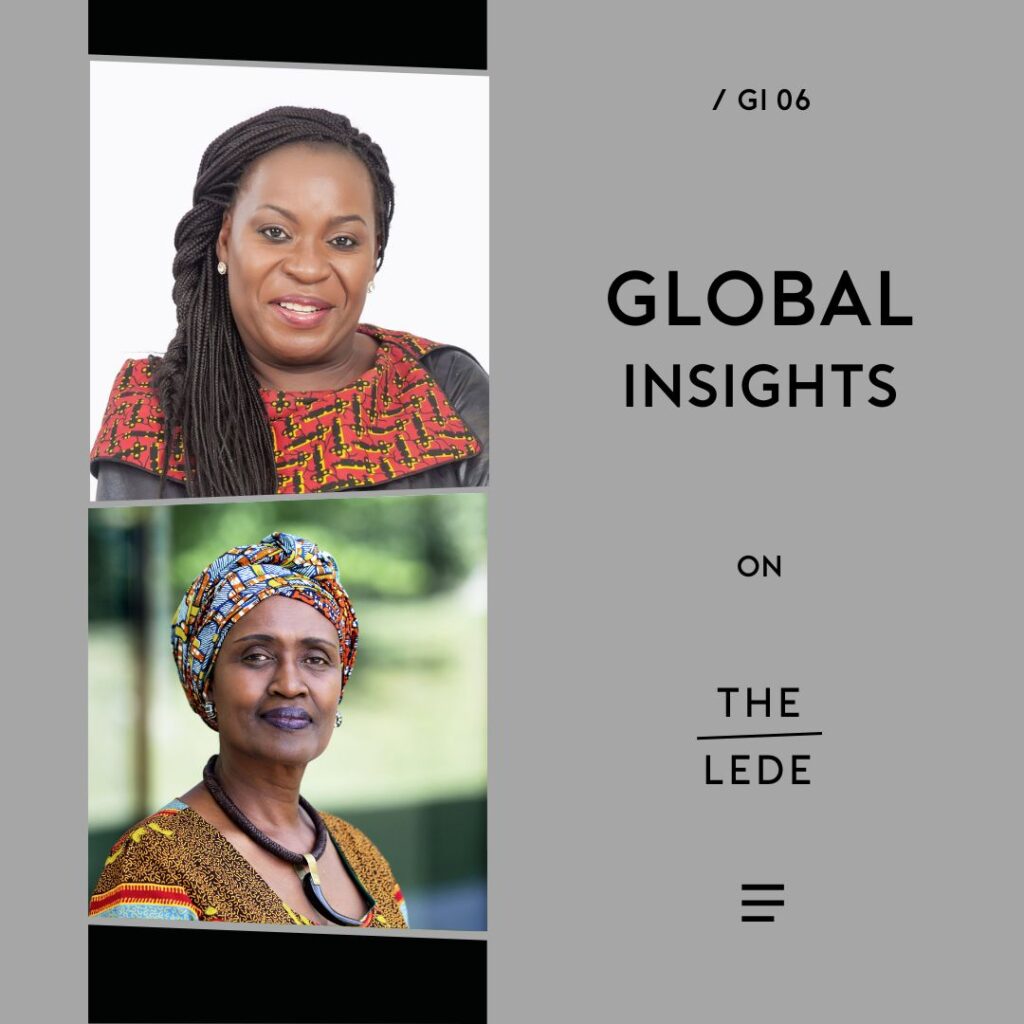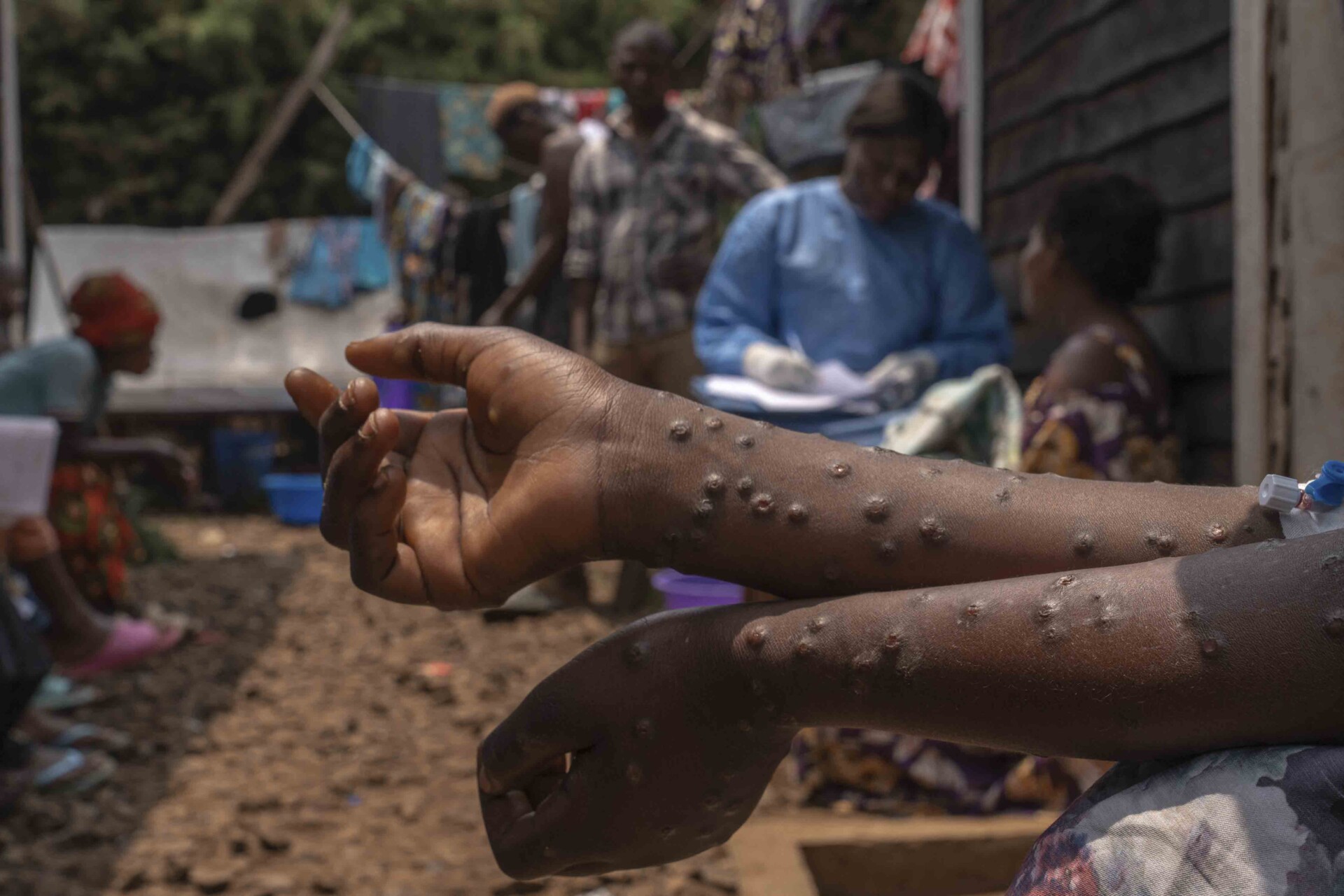Hosted by Kwangu Liwewe
Featuring Winnie Byanyima
Produced by Finbar Anderson
Listen to and follow The Lede
Apple Podcasts | Spotify | Podbean
Countries across the African continent have made huge progress in tackling infectious diseases like HIV, COVID-19 and mpox, the executive director of the joint United Nations Programme on HIV and AIDS, Winnie Byanyima, tells New Lines’ Kwangu Liwewe. Nevertheless, she cautions, “this progress doesn’t mean everything is going well.”
“We’ve got mpox killing people in Congo and now spreading to other countries in eastern, southern and central Africa,” Byanyima continues. “And there are countries that have got in their stores mpox vaccines, and they’re sitting there quietly and not sharing it. But then we know these viruses don’t respect borders. They don’t ask for visas. They just spread. It’s still spreading.”
“We know these viruses don’t respect borders. They don’t ask for visas. They just spread. It’s still spreading.”

Byanyima argues that major changes are needed to ensure vaccines and other medicines reach those that need them. “We continue to champion a change of the rules,” she says. “That’s part of what we’re doing here at the United Nations, trying to get member states to agree to reset the rules of global governance, including the rule on how to sell technology. To make medicines — life-saving medicines — available for everybody, not hoarded by governments.”
Big business, Byanyima says, has become more powerful over the past 40 years. “The challenge we have is global rules,” she says. “And these global rules didn’t come down from heaven like the Ten Commandments. They are made by people and they were made by business.”
Byanyima looks at the AIDS response as an example of what the global community can do if it acts with common purpose. “The global AIDS response is in fact a success story of bilateralism,” she says. “At the height of this pandemic, HIV, when our people were dying and there was no cure, no treatment, no vaccine, the countries of the world, the governments of the world came together to address it together.”


